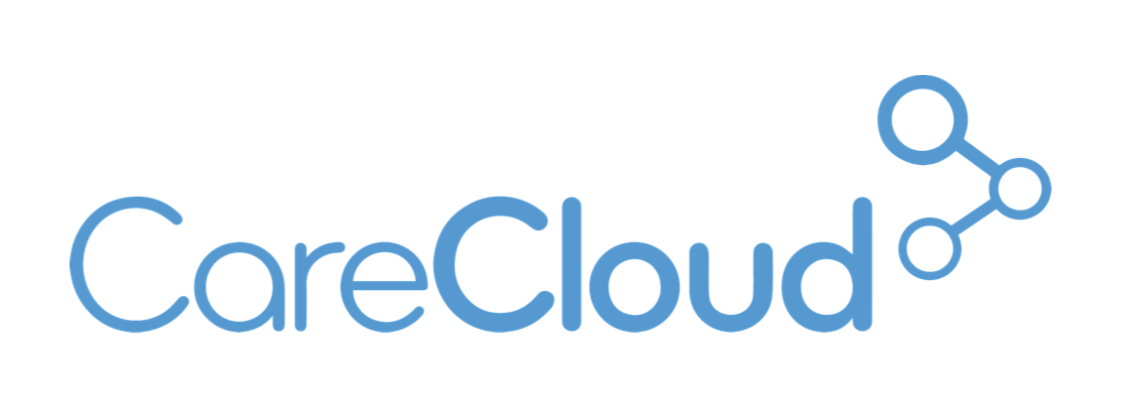Pre-Pandemic financial management for American hospitals and healthcare organizations was significantly distressed. Over the two years since, financial performance has worsened.
Even before the disruptions of the last two years, many healthcare organizations had difficulty achieving focus in their operational goals. Pandemic disruptions added to those issues by creating a complete mismatch between organizational strategies and market demand, although accurately gauging what patients want is an ongoing challenge.
For over a decade, healthcare organizations attempted to achieve the advantages of scale through mergers and acquisitions, by giving medical staff employee status, and by assuming more risk in sponsored health plans and insurance contracts. Now hospitals and other healthcare providers are facing a squeeze due to a simple reality of the healthcare market:
Costs are growing faster than revenues.
Many hospitals and healthcare systems sought to increase market share at the expense of their competitors by discounting their rates for narrow market health plans aimed at public and private healthcare exchanges, with mixed results.
Dealing with these realities requires actionable information in at least these areas:
Capitated payments. Recent developments in Congress seem to suggest that universal population-based payments aren’t exactly just around the corner. Health plans that are not owned by the healthcare organizations they cover are not enthusiastic about sharing a fixed percentage of their revenues to providers rather than a fixed cost per visit or per procedure.
There are pronounced regional variations across the USA, but, on the whole, insurers are reticent to pass on either healthcare premium risk or potential healthcare premium savings to the organizations that actually provide care.
And very few provider-sponsored plans are profitable.
The remedy for this mismatch is for insurance plans owned by healthcare providers to use data to identify the unique skills and competencies they can bring to their patients. It’s not enough just to create an insurance plan. Normalizing revenues depends on identifying core competencies.
CMS payments. It is no secret that hospitals and healthcare providers lose money on conventional fee-for-service arrangements for fixed, per-admission, DRG Medicare and Medicaid payments that are less than their fixed costs. Compounding this problem is the fact that many healthcare providers fail to manage basic revenue cycle functions for their commercial patients that relate to “revenue integrity” (having a completely documented, justifiable bill), billing, and collection.
Failure to manage revenue cycle functions results in problems with cash flow, as does the next sticky issue.
Managing physicians as employees. Many healthcare systems have treated physician integration, hiring physicians as employees of the hospital or healthcare system, as an end unto itself. For physician integration to contribute to the bottom line, however, healthcare organizations must have solid reasons for treating their physicians and stick with them.
If the goal is control over episode-related expenditures, then the IT system must deliver data on clinical process management. If the goal is increasing patient loyalty, then the IT system must deliver data on patient engagement and patient satisfaction, and also provide secure, HIPAA-compliant communication between patients and their providers (that meets new open notes requirements).
If the goal is dominating healthcare delivery in a specific geography, then the IT system must be capable of communicating with other systems in other formats. If the goal is achieving excellence in a specialty, then the IT system must deliver comprehensive, actionable information from the data collected in that area of practice.
All of these data sets must then be related to the revenue cycle. And, in the process, the IT system must ensure that healthcare organizations collect every dollar they earn.
CareCloud Inc. covers more than just the basics of revenue cycle management. We provide end-to-end collections support that are not bound by any platform or any technology. Our specialized back-office teams can do the heavy lifting of timely collection while keeping you up on industry changes, optimizing your response to specialized collections and remittances issues, and responding promptly to new collections challenges.
CareCloud’s Concierge can also help you make the transition to a robust, comprehensive PM/EHR system. CareCloud’s Healthcare Analytics provides the information that can help you make the strategic choices that grow your revenues year on year.
CareCloud Inc. offers a free Revenue Cycle Assessment. Call us at 1-877-342-7517 or contact us online.
CareCloud’s corporate headquarters are located at 7 Clyde Road, Somerset, NJ 08873 USA. Product support is available at 866-266-6822.
This is a Contributor Post. Opinions expressed here are opinions of the Contributor. Influencive does not endorse or review brands mentioned; does not and cannot investigate relationships with brands, products, and people mentioned and is up to the Contributor to disclose. Contributors, amongst other accounts and articles may be professional fee-based.

